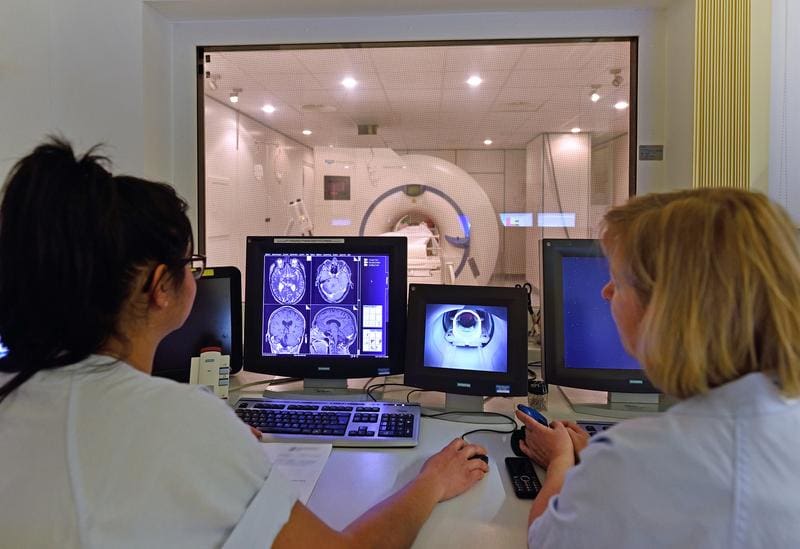Study reveals hormonal influences on brain plasticity
An international team led by psychologist Dr. Carina Heller has investigated the influence of female hormones on brain structures in a longitudinal study, taking into account hormonal contraception and disorders such as endometriosis. The results, published in Nature Neuroscience, show that all brain areas are subject to hormonal fluctuations and that it is necessary to look beyond the normal menstrual cycle.
Over five weeks, three women and one man underwent daily MRI scans, blood samples to determine estradiol and progesterone, and questionnaires on mood and anxiety. One person with a natural cycle, one with hormonal contraception, one with endometriosis and a man without cyclical changes were involved. This was supplemented by a public data set of another person with a typical cycle.

The MRI data revealed changes throughout the brain, including cerebellum and subcortical structures. All women showed similar patterns of affected regions, but the nature of the changes varied individually depending on the hormonal context. In normal cycles, progesterone dominated the fluctuations, in endometriosis or contraception, estradiol.
The brain-hormone coupling depends on the hormonal milieu and requires investigations beyond normal cycles. Due to the small number of subjects, the results cannot be generalized; broader studies are needed. The repeated-measurement design reveals individual patterns that are hidden in cross-sectional studies.
The project began as an individual study, in which Heller contributed his own data, and is to be continued into menopause in order to close gaps in knowledge about hormonal effects on the brain.
Original Paper:
Editor: X-Press Journalistenb├╝ro GbR
Gender Notice. The personal designations used in this text always refer equally to female, male and diverse persons. Double/triple naming and gendered designations are used for better readability. ected.




